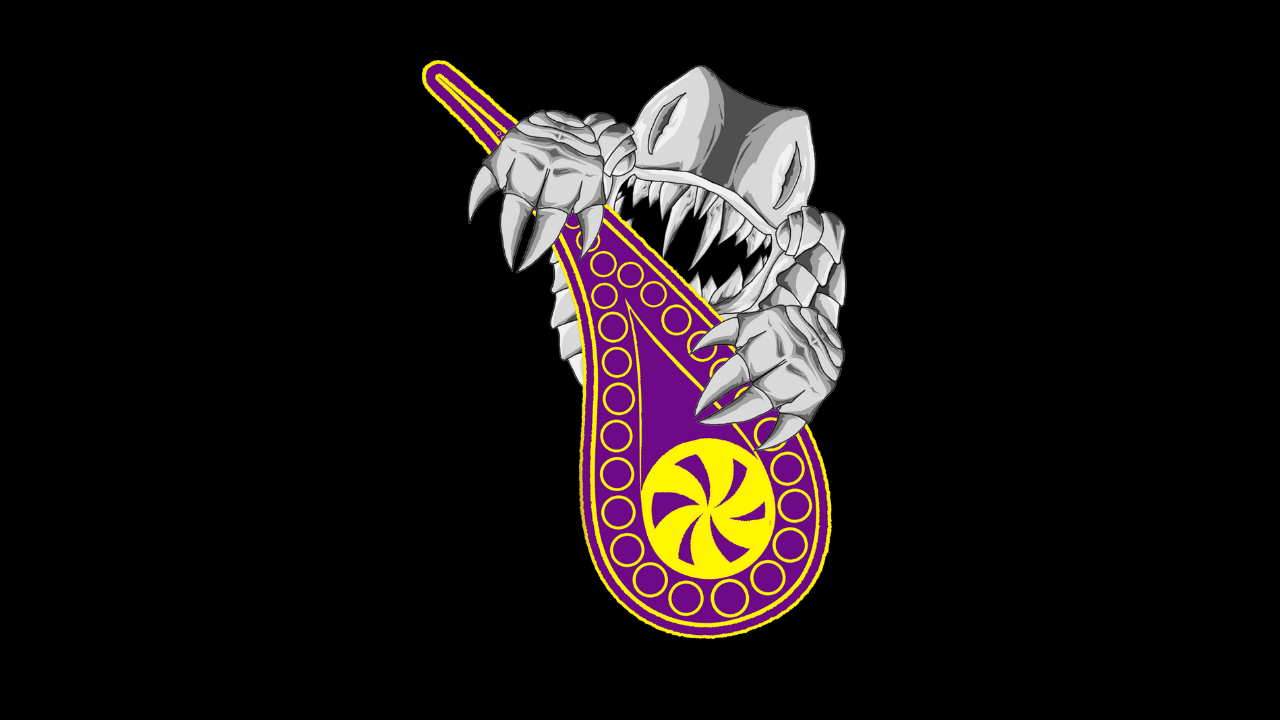Jane Arthur (1827–1907): A Pioneer of Social Reform and Women’s Rights
- Gavin Divers
- Mar 8, 2025
- 3 min read
Jane Arthur (née Barshaw) was a pioneering social reformer, philanthropist, and advocate for women’s rights. She dedicated her life to improving the welfare of the poor, promoting education, and advancing women’s suffrage in Scotland. As one of the first women in Scotland to hold elected office, she played a crucial role in numerous charitable and social reform movements in the 19th century.

Early Life and Family Background
Born on 18 November 1827 in Broomlands, Paisley, Jane was the third of five children of Jessie Fulton and Thomas Glen, a baker and grain merchant. While little is recorded about her formal education, she is believed to have received a strong middle-class education that shaped her progressive ideals.
At the age of 20, she married James Arthur (1819–1895), a successful textile manufacturer and wholesale draper. The couple purchased Barshaw Estate in Paisley, where they raised their five children. Their eldest son, Mathew Arthur (1852–1928), later became the first Lord Glenarthur for his contributions to industry and society.

Philanthropy and Social Welfare Initiatives
Jane Arthur dedicated much of her life to charitable causes, focusing on poverty alleviation, healthcare, and education. Her efforts helped establish some of Paisley’s earliest public health and welfare initiatives.
The Dorcas Society (1863)
In 1863, Jane founded the Dorcas Society, which provided clothing to convalescing patients discharged from Paisley Infirmary. Many of these patients, often from working-class backgrounds, lacked basic necessities, and her initiative helped ease their transition back to daily life.

Paisley Ladies' Sanitary Association (1866)
As Vice President of the Paisley Ladies’ Sanitary Association, Jane championed public hygiene and sanitation. The organisation successfully campaigned for the establishment of public baths, improving hygiene and disease prevention in Paisley, particularly among the working class.
Aid for the Poor and Homeless
Alongside her husband, Jane engaged in several charitable initiatives, including:
Providing food to destitute patients discharged from Paisley Infirmary.
Supporting the construction of the Paisley Model Lodging House for working men.
Ensuring inmates of the Poor House received mid-morning tea.
Funding a shelter for Hanson taxi drivers in County Square, Paisley.
West Kilbride Convalescence Home (1868)
James Arthur donated land for a convalescent home in West Kilbride, providing care for impoverished patients recovering from illness. Jane actively supported its management and funding.
Women’s Suffrage and Temperance Activism
Suffrage Movement
From the late 1860s, Jane Arthur was a committed supporter of women’s suffrage. She hosted drawing-room meetings for activists and participated in Scottish National demonstrations.
In 1871, her brothers-in-law attended a public meeting in Paisley led by Millicent Fawcett, a leading English suffragist, indicating Jane’s connection to the wider suffrage movement. By 1872, she was President of the Paisley branch of the Women’s Suffrage Association, where she organised meetings, petitions, and awareness campaigns.
Temperance Advocacy
A firm believer in the temperance movement, Jane supported initiatives aimed at reducing alcohol consumption. She saw alcoholism as a root cause of poverty and domestic violence and worked to promote sobriety and self-discipline within working-class communities.
Education Reform and Women’s Higher Education
Paisley School Board Election (1873)
Following the 1872 Education (Scotland) Act, Jane Arthur made history as the first woman elected to a school board in the West of Scotland. She campaigned for:
Equal education for girls.
The introduction of health education.
The establishment of cookery classes for practical skills.
Despite facing opposition from those who believed women should not hold public office, she remained steadfast in her mission to improve education for working-class children.
Glasgow Association for the Higher Education of Women (GAHEW) (1877)
Jane joined GAHEW’s organising committee, supporting bursaries for women in higher education. She also funded a bursary for a female medical student, encouraging women to pursue careers in medicine.
The Arthur Bursary (1892)
After her husband’s death in 1895, Jane established the Arthur Bursary in his memory, providing scholarships for women studying medicine.
Later Life and Legacy
Even in her later years, Jane continued her philanthropic work. In 1903, she established the Jane Arthur Fund, which financed convalescent care for the poor.
Jane Arthur passed away on 25 May 1907 in Ayr, aged 79. Her funeral in Paisley was a significant event, reflecting the deep respect and admiration she had earned.
Commemoration and Lasting Influence
Arthur Street in Paisley was named in her honour.
Her tenure on the Paisley School Board shaped progressive education policies.
Her election to the school board paved the way for women in public office.
The Arthur Bursary helped increase the number of female medical professionals in Scotland.
A Woman Ahead of Her Time
Jane Arthur was more than a philanthropist—she was a trailblazer in women’s rights, social reform, and education. Her relentless activism and commitment to justice left a lasting impact on Scottish society, making her one of the most influential women of the 19th century.
4o





Comments